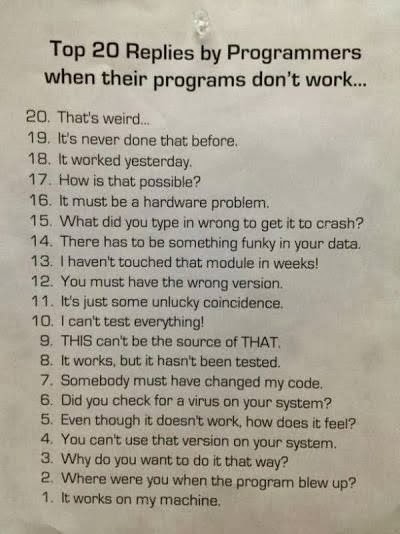I haven’t had home delivery of my mail for the last few decades, but for folks downtown it’s going to be an unwelcome change. The decision forced itself on the crown corporation through the arcane workings of economic reality: it just costs too much money to deliver to those millions of homes (a tweet I forgot to save said it cost over $200 per year for home delivery and just over $100 for communal mailboxes). The news is not going down well with at least one member of the official opposition, as Colby Cosh pointed out in a series of tweets:
It's OK, everybody, you can just switch your business over to one of the other post offices.
— Colby Cosh (@colbycosh) December 11, 2013
I love when social democrats do this “@cselley: "Conservatives are destroying Canadians' long-treasured postal services," says Olivia Chow.”
— Colby Cosh (@colbycosh) December 11, 2013
If there were a government agency that inserted a bullwhip into your anus twice a week, the NDP would call it "essential" and "cherished".
— Colby Cosh (@colbycosh) December 11, 2013
"This heartless government is determined to destroy the Bullwhip Anus service on which so many Canadians have come to rely."
— Colby Cosh (@colbycosh) December 11, 2013
"Why are neocons gratuitously attacking our selfless, courageous Bullwhip Anus workers?"
— Colby Cosh (@colbycosh) December 11, 2013
Reminder: you are breaking the law if you use a private courier to deliver a letter, at *any* price,that is not "of an urgent nature".
— Colby Cosh (@colbycosh) December 11, 2013




